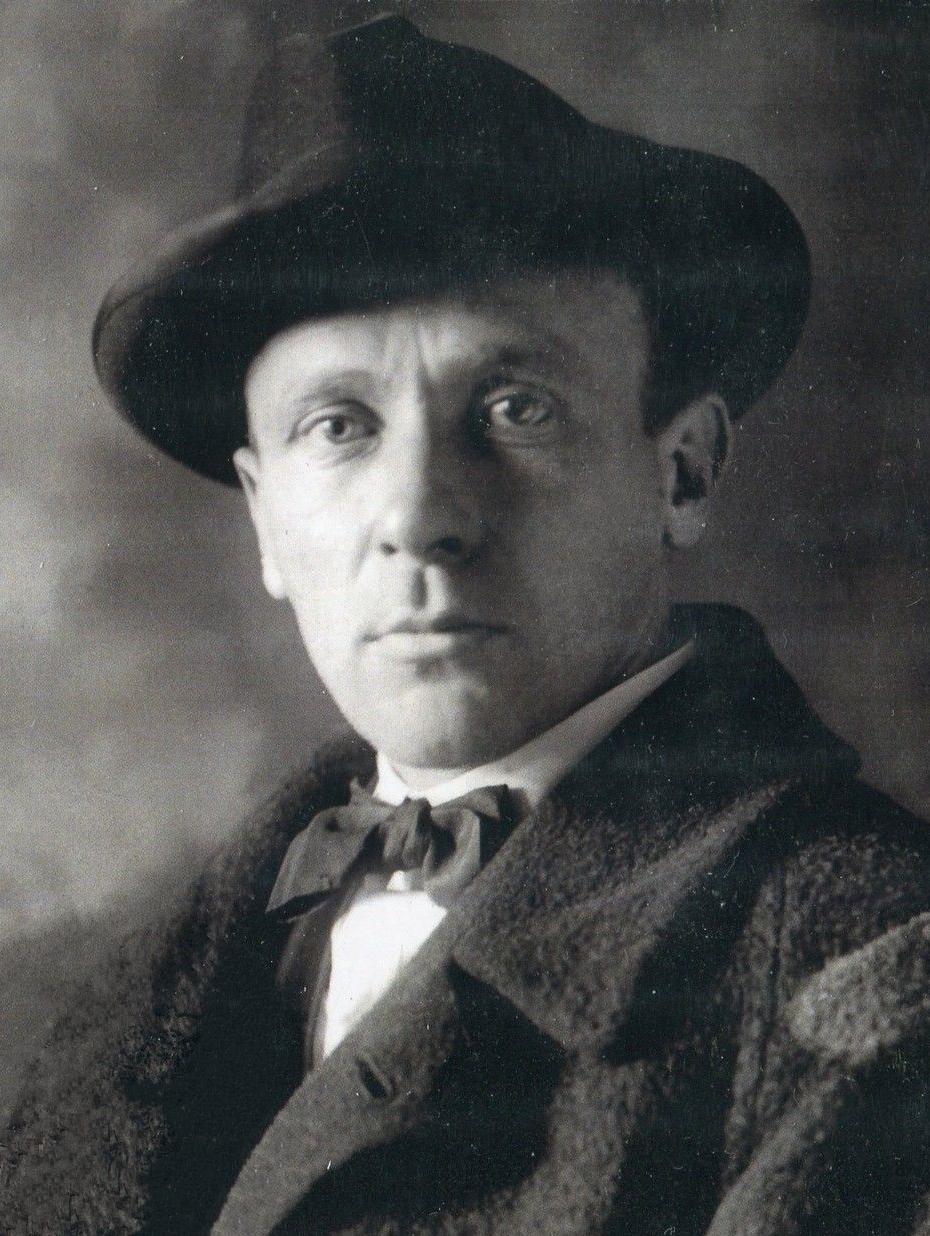Scan barcode
A review by glenncolerussell
Diaboliad by Mikhail Bulgakov
5.0

Considering dozens and dozens of reviews are posted for The Master and Margarita and my review of this little collection of Bulgakov tales published some twenty years ago is one of the first on Goodreads, it is fair to say many readers have committed an oversight. Unfortunate since these short works are masterpieces in their own right. If you love The Master and Margarita you will also love reading this book.
Eleven tales included here, two of which - Diaboliad and The Fatal Eggs - are long enough to qualify as novellas. For the purposes of this review and in the interest of brevity, I will focus on the title story of the collection.
Diaboliad is a forty-five page absurdist romp through the Russian state-supported bureaucracy, told in eleven chapters, each chapter complete with its own heading, which can give one the sense of reading a novel in miniature.
We follow our hero and main character, Comrade Korotkov, a gentle, quiet clerk who would like nothing more than to continue his predictable routine at Main Central Supply (suppliers of Match-making Materials, that is) - and you have to love Bulgakov's telling us the unit is not only `Central' but also `Main Central', adding a pinch more spice to the satirical stew . And such spicy satire is sprinkled on every page.
Here is an example of what happens a day after the unit's cashier returns to the office with a dead chicken as part of his general announcement that there is no money. Imagine not only having to deal with the boss of your nightmares, but also the boss's identical twin, identical with two exceptions - the twin has a long red beard and much different voice. However, you are totally in the dark, thinking the twins are one and the same boss with a long red beard that keeps mysteriously appearing and disappearing and a voice that keeps changing.
Such is the plight of Korotkov. But this is only the very beginning. Turns out, Korotkov has to deal with his own twin, a twin who might or might not be the creation of bureaucratic error. As Korotkov runs frantically from office to office in an attempt to save his job, his identify and recover his stolen documents, we realize our hero is in a kind of Alice in Wonderland world, but this being 1920s Soviet Russia, we have Korotkov in Stalinland. How far can things spin out of control?
Toward the end, in Chapter Nine, TYPEWRITER TERROR, we read what happens in one of the government offices: "The wall fell apart before Korotkov's very eyes, and tinkling their bells thirty typewriters on desks began to play a fox-trot. Swaying their hips, wiggling their shoulders voluptuously, tossing up their creamy legs in a white foam, the thirty women set off in a can-can and circled around the desks."
Now a comrade can take only so much, even a comrade who is gentle and quiet and merely wants to do his job as a clerk. Comrade Korotkov becomes progressively more frustrated and then progressively more angry, stomping his feet and yelling, and, toward the end of the novella, when given a prompting to become violent, Comrade Korotkov does indeed become violent, resulting in a fellow-worker's very bloody face and head. Such violence leads to the final chapter, A CINEMA STYLE CHASE AND THE ABYSS, a chase and abyss that must be read in Bulgakov's own words, even if those words are in English translation.

Russian author Mikhail Bulgakov, 1891 - 1940